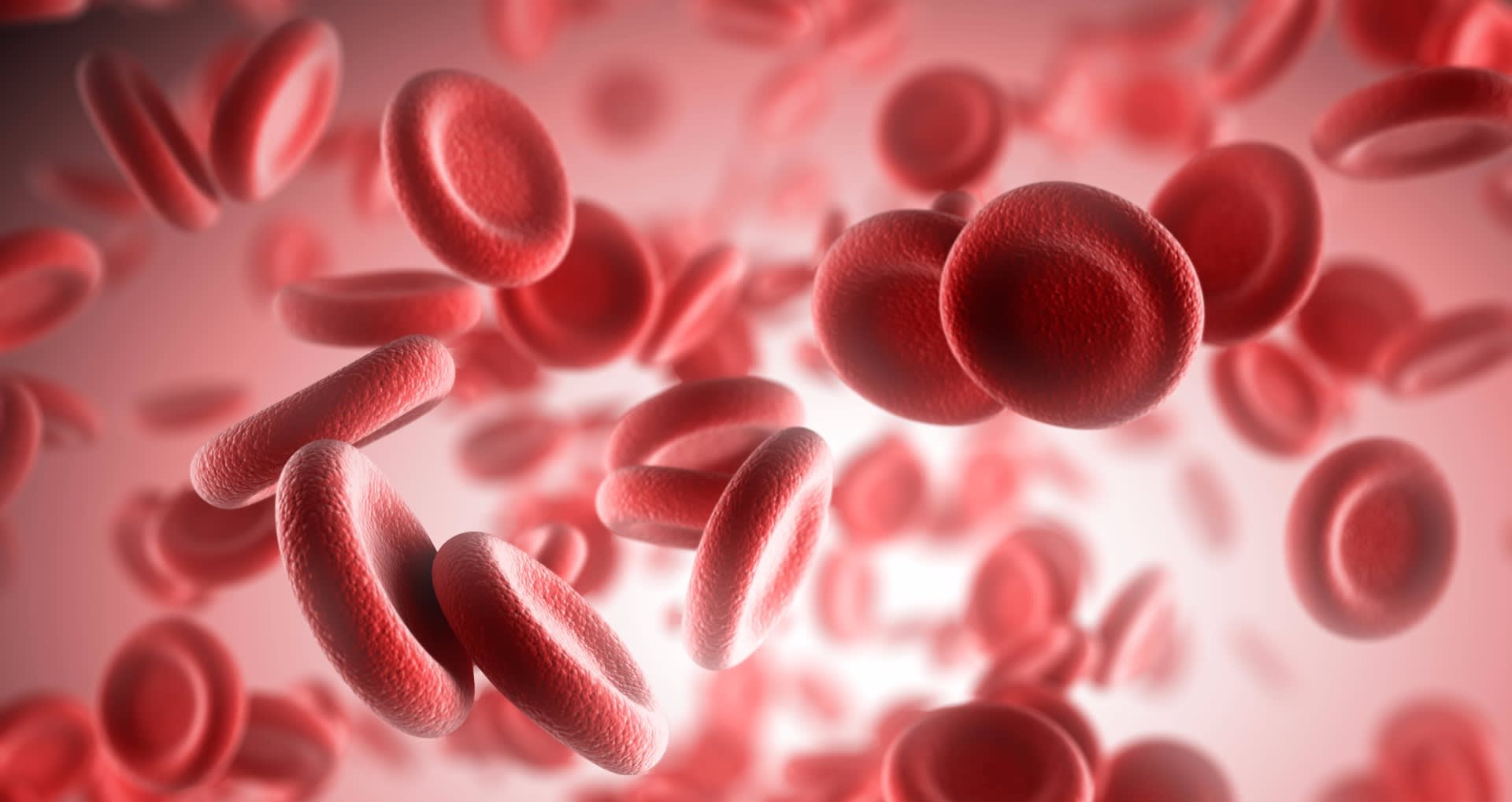
Full Blood Count Test
$39 AUD
The full blood count can be used to determine general health status and to screen for a variety of disorders such as anaemia and infection, as well as nutritional status and exposure to toxic substances. Abnormalities in any of these types of cells can indicate the presence of important medical disorders.
What's included
Full blood count with differential
The full blood count is used as a broad screening test to check for such disorders as anaemia (decrease in red blood cells or haemoglobin), infection, and many other diseases. It is actually a group of tests that examine different parts of the blood. Results from the following tests provide the broadest picture of your health.
The full blood count measures:
Test instructions

Download and print your pathology form from your i-screen dashboard.

Take your form to one of our affiliated collection centres to have your sample taken - no need for an appointment.

You do not need to fast for this blood test.
Ready. Set. Go!
for $39
You may also be interested in
Best seller
Blood Type Test
1 test included
$35 AUD
50% of Australians don't know their blood group. You can find out your blood group with this simple blood type test.
Well Man Test
42 tests included
$249 AUD
How often do you get your car serviced? And how often do you give yourself a work up? This blood test covers the essentials so you're doing more than just kicking the tyres when it comes to your health.
Best seller
Essential Health Test
28 tests included
$140 AUD
A blood test that covers the essentials for a comprehensive annual health check. This blood test is a simple and reassuring way to assess the current state of your health.